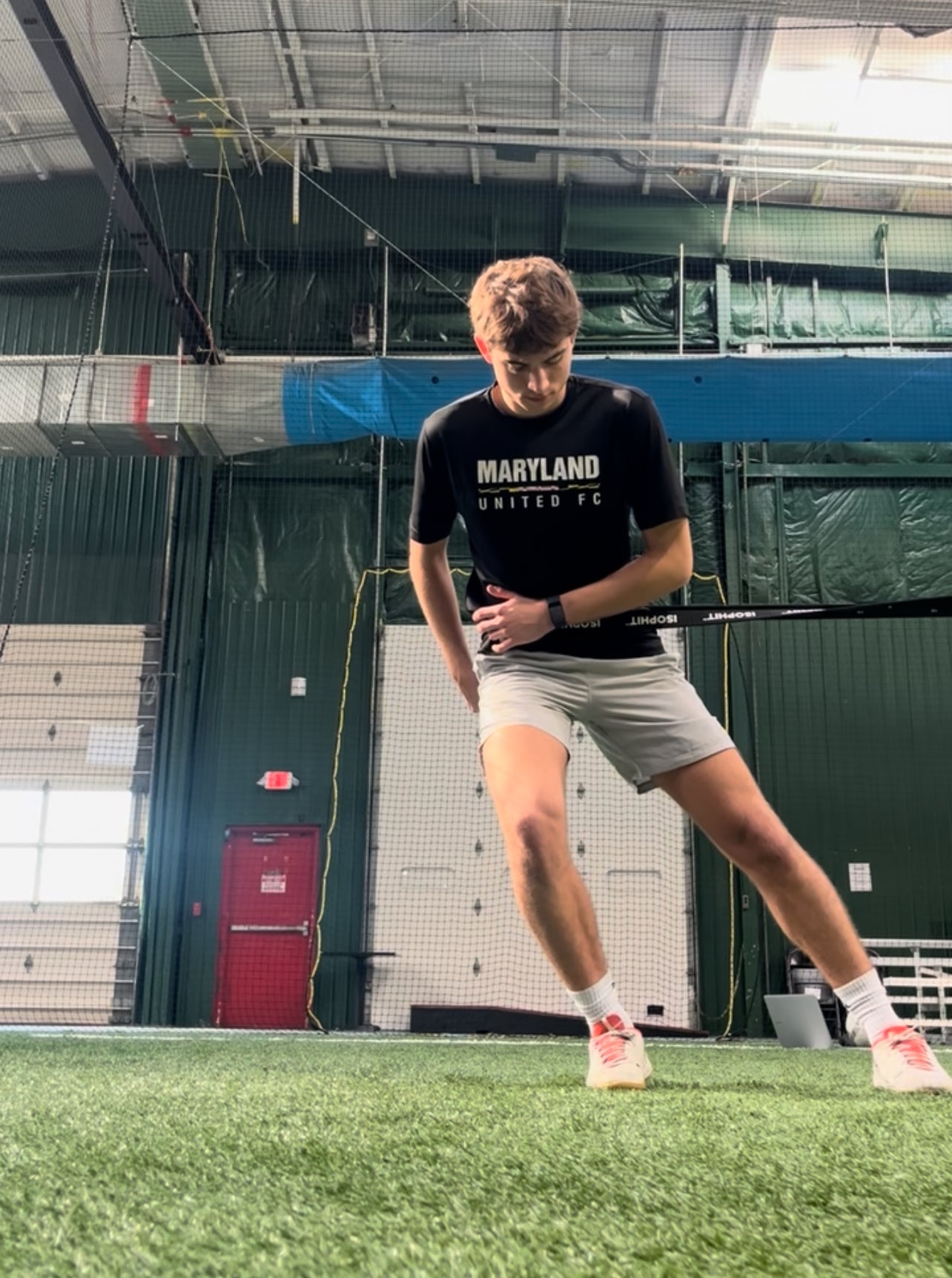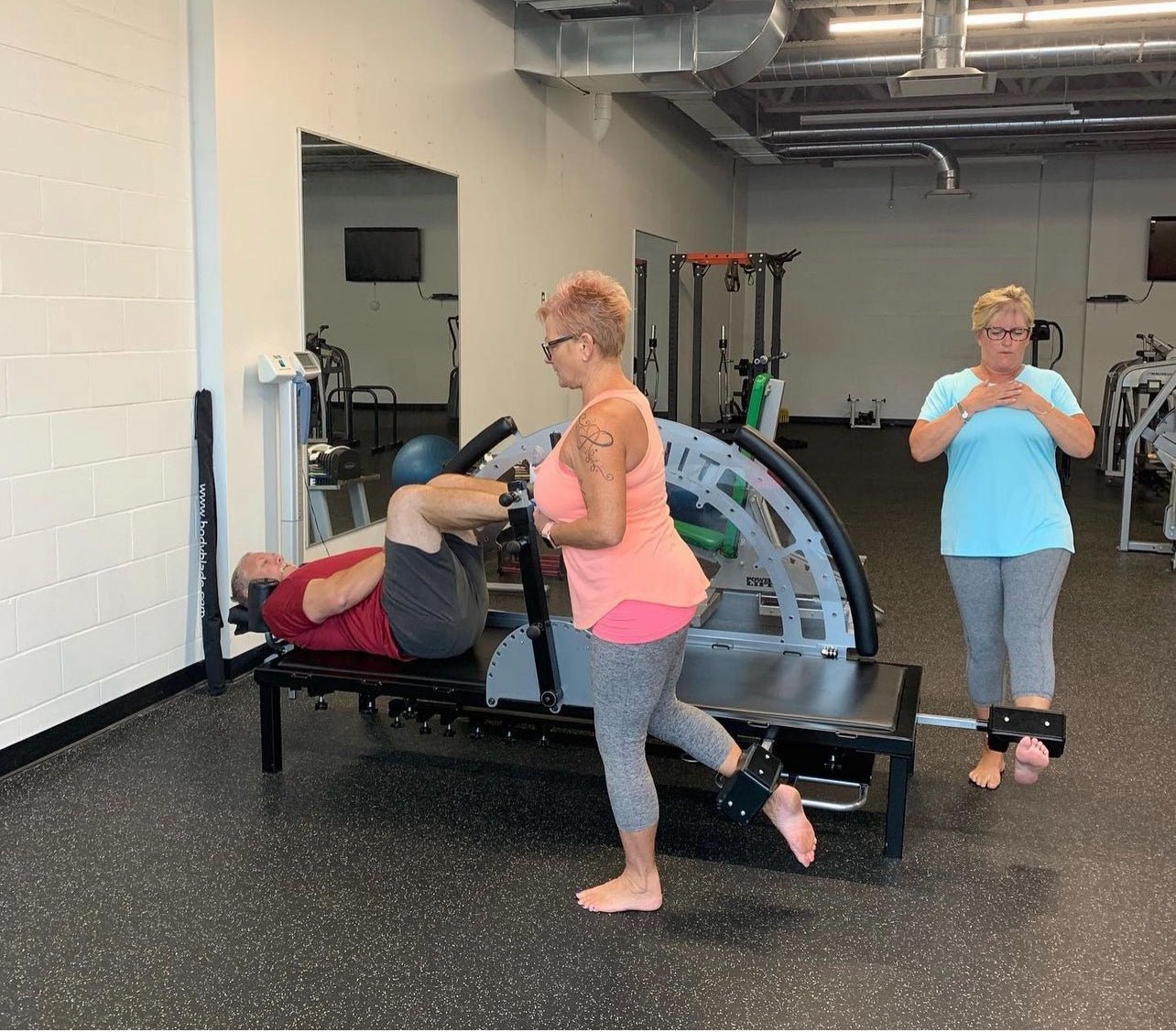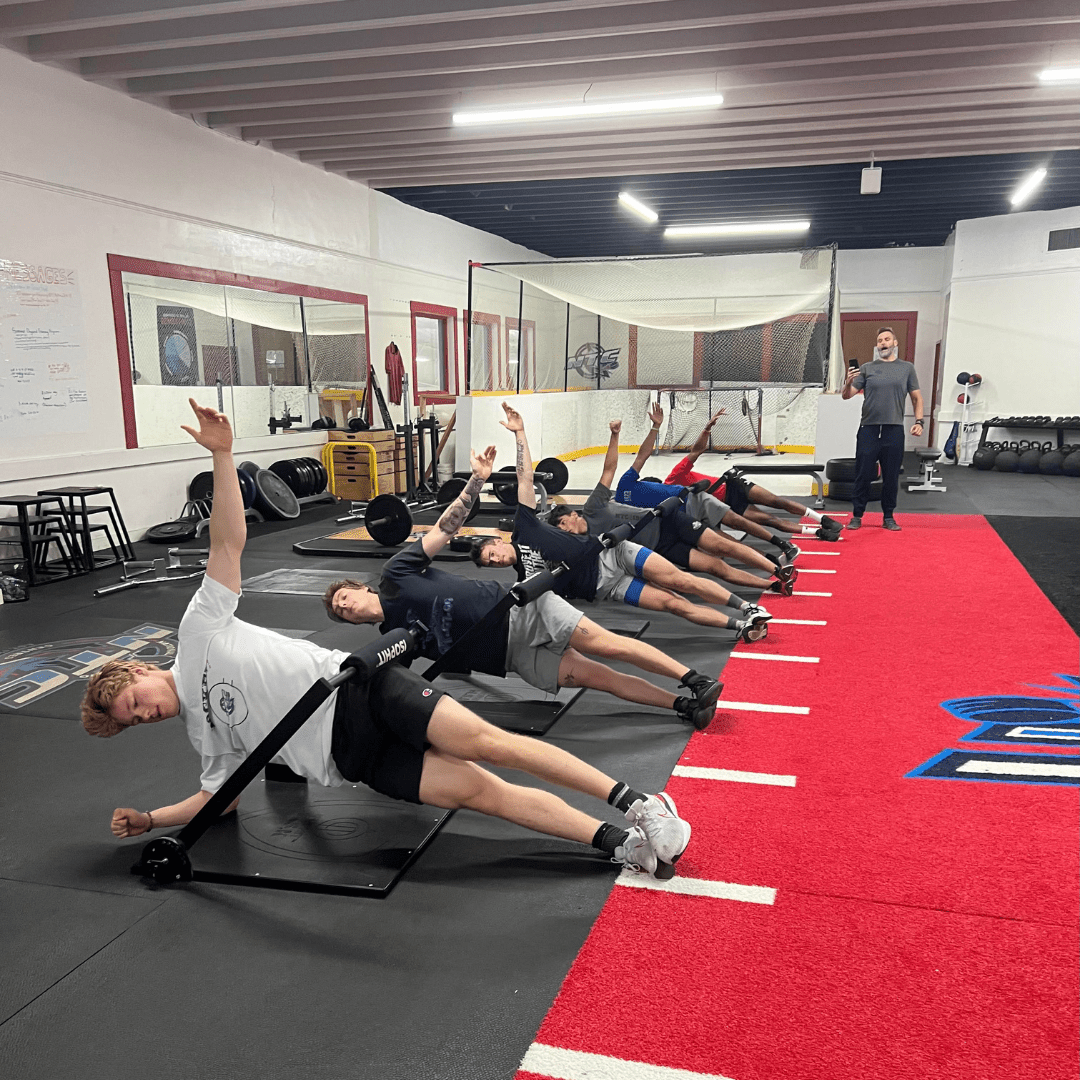Depression and anxiety are pervasive mental health conditions that significantly impact individuals' well-being and society as a whole. Understanding the factors that contribute to these disorders is crucial for developing effective prevention and intervention strategies. Recent research suggests a potential association between poor isometric muscle strength, particularly in the neck region, and psychological distress. Let’s briefly explore the connection between isometric neck strength, symmetry, and the risk of depression and anxiety in the general population.
Depression is one of the most common mental disorders, affecting millions of people worldwide. It can cause tremendous challenges and burdens for individuals and their families. Additionally, it carries a significant economic cost. According to research published in the journal Pharmacoeconomics, the economic burden of major depressive disorder among U.S. adults was estimated to be $236 billion in 2018, representing an increase of more than 35% since 2010 (values adjusted to 2020). These statistics highlight the urgency of finding effective strategies to prevent and manage depression.
Furthermore, the impact of depression has been particularly pronounced among young adults. In 2018, young adults aged 18 to 34 accounted for nearly half (48%) of adults with depression, a significant increase from 35% in 2010. The COVID-19 pandemic has further exacerbated the situation, with young adults experiencing higher levels of depression and anxiety compared to older adults. According to the Centers for Disease Control and Prevention's Household Pulse Survey, an estimated 36% of 18-29-year-olds were experiencing symptoms of depression in early May 2021, compared to 22% of those aged 40-49 and 15% of those aged 50-59. These statistics underscore the pressing need for effective interventions to address mental health challenges, particularly among young adults.
American Pyschiatric Association Report
A study conducted by Tara Porfido et al. (2021) examined the relationship between neck strength, symmetry, and psychological distress in collegiate soccer athletes. The findings revealed that lower neck strength was associated with higher levels of anxiety symptoms. Moreover, in soccer athletes specifically, greater asymmetry in neck strength was linked to more symptoms of somatization and depression. These preliminary findings indicate that individuals with lower neck strength and asymmetry may be more vulnerable to psychological distress, especially when exposed to repetitive head impacts.
Although the study focused on soccer athletes, the implications extend to the general population. Poor isometric muscle strength and asymmetry are not limited to athletes but can also affect individuals in various occupational and everyday life contexts. Thus, it is plausible to extrapolate that suboptimal neck strength and asymmetry may be risk factors for depression and anxiety, even in individuals without a history of concussions or exposure to repetitive head impacts.
The connection between neck strength, symmetry, and psychological distress opens up new possibilities for preventive measures and interventions. One promising intervention is the use of Isophit, a method of exercise designed to improve isometric muscle strength, including the neck muscles. By increasing isometric neck strength, Isophit could potentially reduce the risk of depression and anxiety in the general population. Future research should explore the effectiveness of such interventions and their impact on mental health outcomes. However, the evidence is clear: poor isometric muscle strength in the neck muscles is a problem that warrants attention.
The association between poor isometric neck strength, asymmetry, and psychological distress, as demonstrated in the study by Porfido et al. (2021), highlights the importance of considering physical factors in mental health research. Understanding the link between isometric muscle strength and mental well-being can inform the development of targeted interventions and preventive strategies. By addressing isometric muscle strength, particularly in the neck region, we may be able to reduce the risk of depression and anxiety in the general population. Continued research in this field will contribute to advancing our understanding of the complex interplay between physical and mental health, ultimately benefiting individuals and society as a whole.
If you have any questions regarding the article or would like to learn more about Isophit and its benefits for improving functional health and performance, please feel free to email me at brad@isophit.com.
Yours in Isometric Strength,
Brad Thorpe
CEO / Inventor
Isophit










Share:
Isophit: Why You Feel Like You’re Floating.
Isophit: Poor Isometric Strength Endurance Linked to Adolescent Back Pain